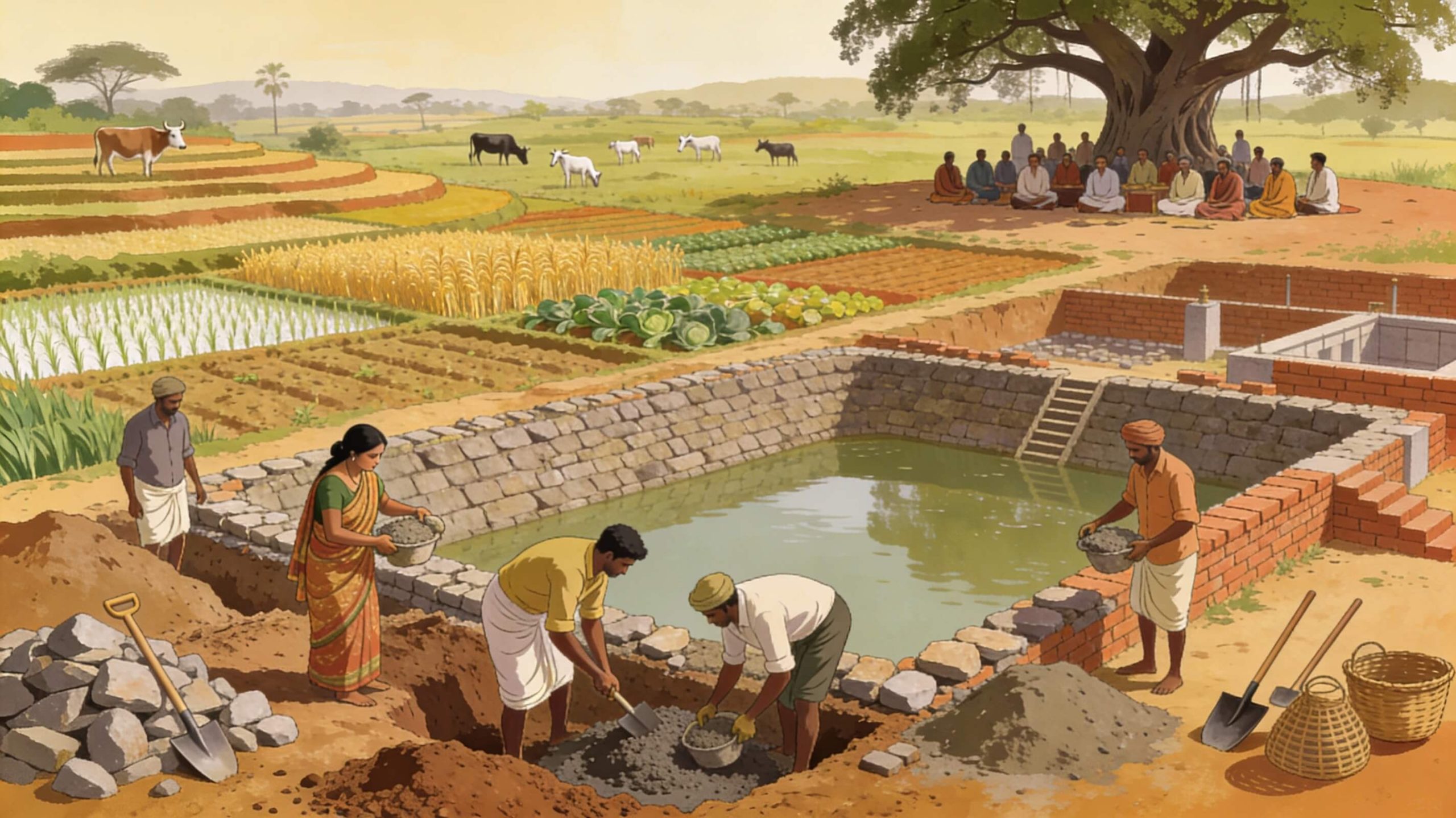Recently, new tree-felling rules have been introduced in India that are causing concern among farmers. These rules aim to protect trees and promote agroforestry. However, many farmers feel that these regulations are too complex and make their work harder. The process requires farmers to go through complicated digital systems and face excessive bureaucracy. This can lead to feelings of frustration and humiliation for those trying to manage their farmland.
Farmers are often the backbone of the agricultural sector. They play a crucial role in feeding the nation and sustaining the economy. However, the new rules seem to overlook their needs and autonomy. Instead of empowering farmers, these regulations add more obstacles to their daily tasks.
The current system can be seen as a top-down approach, where policymakers create rules without fully understanding the challenges faced by farmers. This can lead to ineffective policies that do not support sustainable farming practices. It is essential for the government to engage with farmers directly and consider their opinions when creating new regulations.
One way to improve this situation is through inclusive policymaking. This means involving farmers in the decision-making process. By listening to their experiences and insights, the government can create rules that truly benefit both the environment and the farming community. Farmers have valuable knowledge about their land and the best practices for sustainable agriculture.
Simplifying processes is another important step. Instead of requiring farmers to navigate complicated digital forms and bureaucratic procedures, the government should aim for a more straightforward system. This can help reduce the burden on farmers and allow them to focus on their work.
Respecting farmers’ autonomy is crucial for promoting sustainability. Farmers should have the freedom to make decisions about their land and resources. When farmers feel empowered, they are more likely to adopt sustainable practices that benefit the environment.
In conclusion, while tree-felling regulations are intended to promote sustainability, the current approach may be counterproductive. It is essential to listen to farmers, simplify processes, and respect their autonomy. By doing so, the government can create a more supportive environment for farmers, ultimately leading to a healthier agricultural sector and a more sustainable future for India.




